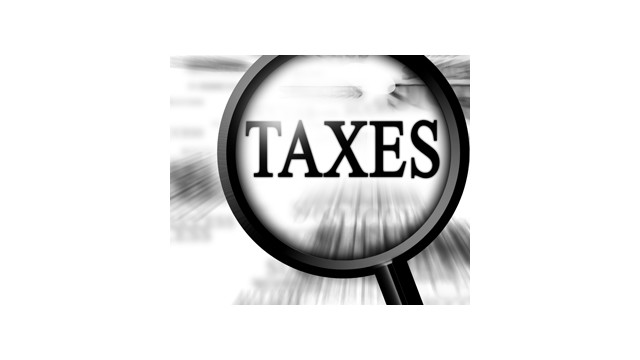By Chris Edwards, Partner, Bennett Thrasher.
After 18 months of economic uncertainty, many business owners who were forced to put their business sale plans on hold are now ready to go forward. It’s critical for CPAs to understand how they can best support their clients through the process of selling their business. Below, I highlight three important considerations for helping your clients:
The buyer’s focal points
Getting ready to meet with a potential buyer is an exciting time for any seller. To ensure a successful meeting, you’ll want to prepare with your client well in advance. Your client should feel equipped (and comfortable) to share information that the buyer will want to know about. This includes the seller’s primary motivations for selling, the legal status of the business, and any business challenges that the owner has faced.
You will also want to advise your client on the documentation they should be ready to present to interested buyers such as balance sheets, cash flow statements and other records. A potential buyer might also want to see property documents, intellectual property assets, employee policies and other kinds of documentation if they’re relevant to the transaction. By making your client aware of everything the buyer could ask for in advance, you’ll eliminate the element of an unwelcome surprise once meetings with buyers are underway.
Optimizing sale structure and identifying opportunities to minimize tax burden
Above all else, what matters most is that your client walks away from selling their business feeling satisfied with the transaction. To that end, it’s important to consider the structure of the sale and help your client identify any opportunity to minimize their tax bill. Here are a few tax issues you’ll want to discuss with your client in-depth:
- The structure of the business: Identifying potential restructuring opportunities that meets both the potential buyer’s objectives while also limiting your client’s tax burden is paramount.
- Stock sale versus asset sale: If your client’s business is classified as a corporation, the decision to structure the sale as a stock sale or an asset sale could significantly impact its tax treatment. While a stock sale is generally preferable for sellers, your client should be prepared to negotiate the sale structure with a buyer who might prefer an asset sale structure.
- Purchase price allocation: For transactions structured as an asset sale, you’ll want to advise your client on how best to negotiate the allocation of the purchase price, as well as what they should expect from the buyer.
Extend your expertise beyond tax considerations
These considerations to keep in mind when helping a client get ready to sell their business are important. However, it’s equally critical to understand how you can use your expertise as a CPA to help your client prepare for the changes that come with such a pivotal decision as selling their business. For example, you may find it useful to provide an outline of how long your client will be able to live off the profits from the sale of their business. You might also be in a position to help them identify other sources of income if the business they’re selling is their main source of personal wealth.
At the end of the day, knowledge is power. Coming to the table with the right information about tax considerations for a business sale will help you and your client succeed.
======
Chris Edwards is a Partner in Bennett Thrasher’s Tax practice. He provides federal and state income tax consulting and compliance services to middle-market and closely-held corporate and flow-through entities. Chris also has experience in both buy-side and sell-side mergers and acquisitions to help clients achieve optimal tax structuring. His industry experience includes technology, healthcare, manufacturing and distribution and professional services. Prior to Bennett Thrasher, Chris worked at an accounting firm in Denver where he worked primarily with closely-held entities and high net worth individuals. He is a Certified Public Accountant (CPA) licensed in Georgia and Colorado.
Thanks for reading CPA Practice Advisor!
Subscribe Already registered? Log In
Need more information? Read the FAQs




